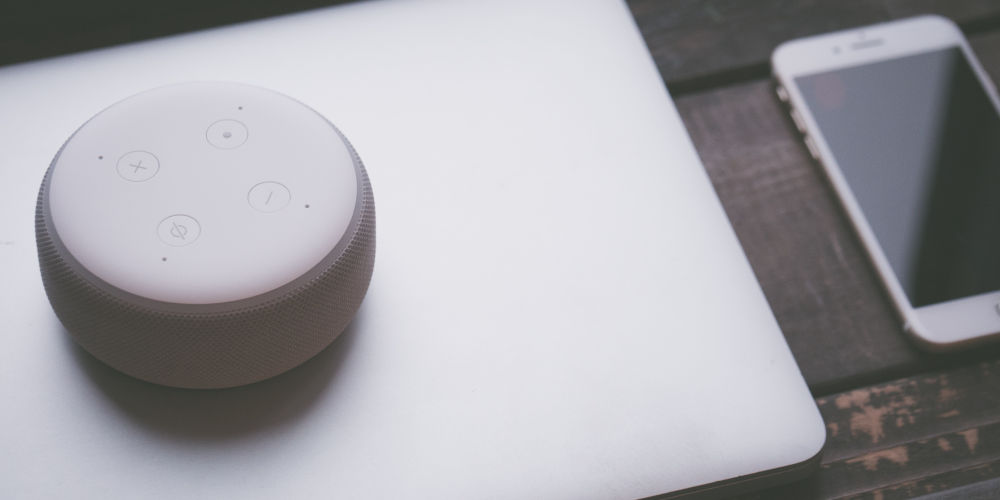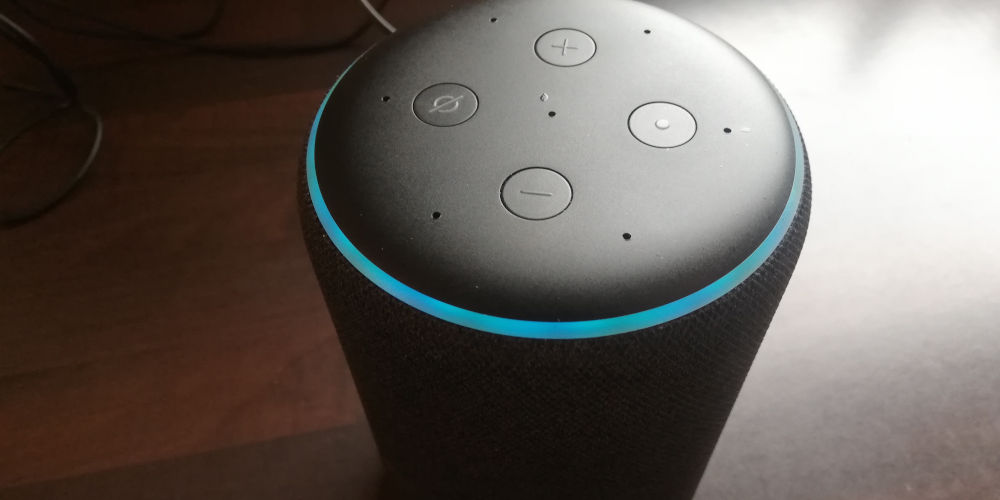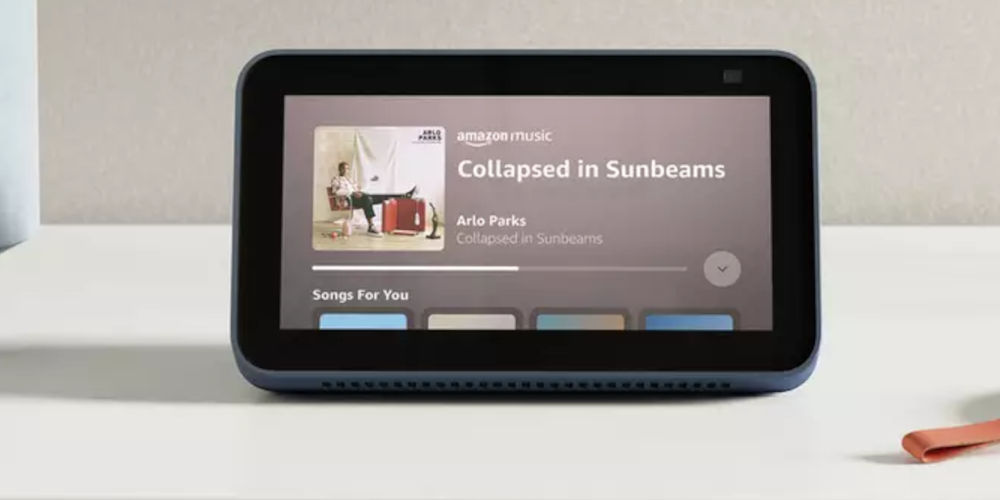Does Alexa slow down Wi-Fi?

Every device connected to your Wi-Fi router uses some data to process information. The more devices you run on the network, the slower your signal. If you enjoy using Alexa, you might wonder does Alexa slow down Wi-Fi speeds for the rest of the home and if so, by how much.
Even when your smart device seems idle, it does use a tiny amount of your bandwidth. When Alexa hears its wake word, it’ll jump into action, and begin using more data.
Using Alexa to stream content or make calls will require a lot of bandwidth, which might make your internet connection feel slower than usual. However, Alexa alone won’t consume all of your bandwidth, so you need to view it in the context of all the devices using Wi-Fi in your home.
Thankfully, you can measure this using network monitoring software if you want to observe an Alexa device on network speeds.
While that’s a brief overview, let’s fully explore the question: does Alexa slow down Wi-Fi speeds?
Does Alexa Use a lot of Wi-Fi?
Let’s start with the basic question. Does Alexa or the other smart home assistant use a lot of Wi-Fi bandwidth? The simple answer is that it depends on what function you’re using.
For example, asking your smart speaker to turn on your lights, set a timer, or answer a question, does not use much data. In any of these situations, it uses a short burst of data to send the command.
However, if you use your Alexa to stream music or play a radio station, you will use the same amount of data as if you were streaming on a regular device. It could be approximately 100 MB per hour. The amount is even higher if you’re using an Echo Show to display video and audio.

How much bandwidth does Alexa’s wake word use?
Alexa is constantly listening and ready to respond in a nanosecond, which uses some bandwidth. It doesn’t really matter what wake word you use, just that it needs a Wi-Fi connection to understand and process it.
Once it hears the correct wake word, the Amazon server jumps into action and translates your request into a digital signal it can process using artificial intelligence. You’re using their server and not your bandwidth, so the data usage is negligible.
After the server processes your request, Alexa uses a small amount of data to complete your request.
For example, asking Alexa to turn on a light. Your request is passed to the Amazon server, which translates your voice command into an action. It then communicates with the light bulb to switch it on. Both steps use a little bit of data.
You’ll still have the majority of the bandwidth left to enjoy streaming content, using the internet, or whatever else you’re using Wi-Fi for. Again, the wake word has little impact on the amount of data you’ll be using at any one point.
Do smart home devices slow down Wi-Fi?
If Alexa isn’t using a lot of bandwidth, but your Wi-Fi is still slow, you might wonder what’s causing it. The culprit could be your smart home devices. Using multiple smart devices will impact the speed of your Wi-Fi signal.
So, if you have several smart plugs, smart light switches, and a few smart appliances all running at once, you’ll be using up most of your Wi-Fi’s bandwidth resulting in a slower than normal speed.
Think of it as death by a thousand cuts! One or a few smart devices won’t have much impact. However, by the time you’re into double digits, the compounding effects of each using some data will be noticeable. Trying to stream video on top will significantly reduce your Wi-Fi’s speed.
Many people forget just how many devices they have using Wi-Fi data. It’s easy to forget that phones, tablets, PCs, etc all use Wi-Fi, adding to the amount of data usage. So it’s worth bearing in mind the number of devices you have on your Wi-Fi network.

photo by Amazon
Which device uses the most bandwidth?
Most smart home devices use very little Wi-Fi bandwidth. Smart plugs and smart lights, for example, typically use around 50 MB per month. For smart hubs, the number is higher, around 300 MB per month, but that’s still not an excessive amount.
Streaming video on devices will have the biggest impact on your bandwidth. Your HD video doorbell will use just as much data as streaming Netflix or Amazon Prime. Of course, you’ll only watch your doorbell for a few seconds at a time vs hours of streaming content.
Online gaming is another big user of bandwidth that can impact your network, slowing down your Wi-Fi speed. So, it’s worth being aware of what activities you regularly do and how they could affect your Wi-Fi speed.
You can easily improve your Wi-Fi’s speed by reducing the resolution on your security cameras and video doorbells. Doing so will reduce the amount of bandwidth the devices need, allowing your network to process data faster.
So, does Alexa slow down Wi-Fi?
If you’re wondering: does Alexa slow down Wi-Fi? The answer is no. It’s unlike that Alexa alone is slowing down your Wi-Fi. However, using multiple smart devices and several phones/tablets while streaming video will slow your Wi-Fi.
So, if you’re noticing a slowdown in internet speed, it’s best to look at what devices you have operating on your Wi-Fi network and see if you can remove them. If they are smart home devices, switch to a different protocol like Z-Wave or Zigbee.
Following these simple steps will enable you to speed up your Wi-Fi while having plenty of bandwidth to run Alexa and other smart devices that only run on Wi-Fi.




